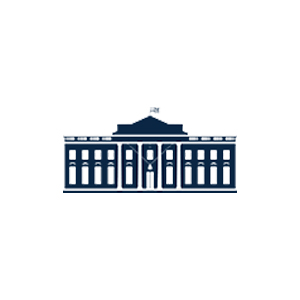
Drug Industry Trade Groups File Lawsuits on Most-Favored-Nation Pricing Rule
December 11, 2020
The Trump administration recently announced an interim final rule to implement the Most Favored Nation drug pricing model, which would tie prices of certain Medicare Part B drugs to the lowest prices paid in Organisation for Economic Cooperation and Development (OECD) countries.
In response, drug industry trade groups have filed two lawsuits against the administration on December 4, challenging new the rule. The suits were filed by PhRMA, with the Association of Community Cancer Centers, Global Colon Cancer Association and National Infusion Center Association, and BIO with BIO affiliates in Maryland and California. BIO and PhRMA are both national partners of BioUtah.
The finalized rule will affect 50 drugs and according to administration officials could save taxpayers and patients $85 billion over seven years.
The lawsuits claim that the rule change is illegal for several reasons and request that the court halt the rule through a preliminary injunction. Arguments include:
- The rule exceeds HHS’ statutory authority because it relies on laws allowing the administration to “test” new drug pricing models while the national MFN model is too expansive to qualify as a pilot.
- HHS is attempting to implement the plan without prior notice or opportunity for public comment.
- HHS acknowledges in the rule that it cannot estimate the impact on patients and providers.
BioUtah continues to oppose a most-favored-nation drug pricing model – previously sharing it’s opposition to the President’s MFN executive order in a letter to the Utah congressional delegation.
“This policy is harmful to both patients who need access to the very best medicines possible and to small, early-stage drug companies who depend on stable investment to discover the next wave of innovative cures,” said Kelvyn Cullimore, president and CEO of BioUtah.
“It’s not a test when it impacts the entire country and implicates 90% of (Medicare’s hospital drug) spending with no control group,” said Steve Ubl, PhRMA’s CEO.
“As the president’s own team of economic advisors has indicated, not only will this rule have profound effects on patients’ ability to access important and life-saving medications, it will also dramatically hinder the operational capacity of America’s vibrant biotech companies—particularly smaller operations spearheading cutting-edge biomedical research,” said BIO President and CEO Dr. Michelle McMurry-Heath.
The Part B Access for Seniors and Physicians Coalition notes that patients in the countries Medicare would use to set reimbursement, do not have access to state-of-the-art medical innovation.
PhRMA has also filed suit against the Trump administration’s final rule to allow drug importation from Canada.